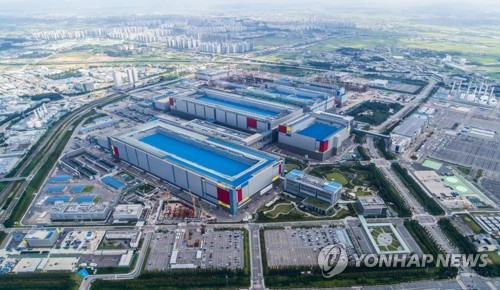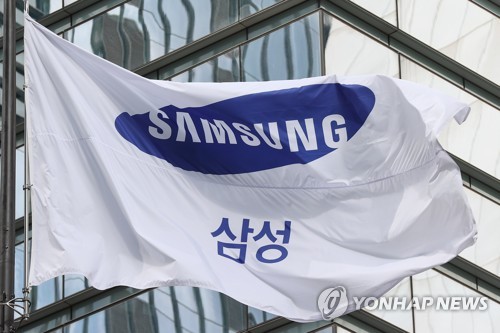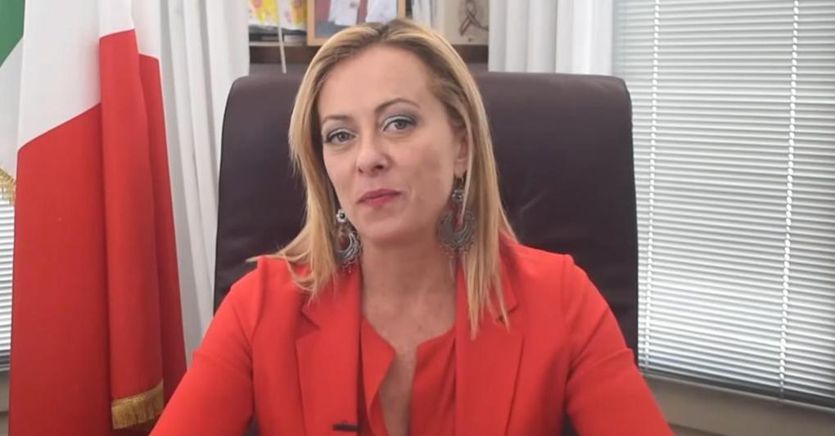Samsung Electronics appears to have surrendered to Taiwan’s TSMC, the world’s largest semiconductor sales leader (full)
‘Foundry n. 1 ‘TSMC 3Q sold 27 trillion wins … Samsung is estimated to be around 24-25 trillion won
Samsung Seeks a Way Out of the Foundry Amidst the Slow Memory Market … TSMC’s Roadmap to Lead the Way
(Seoul = Yonhap News) Journalist Ki-hoon Kim and A-ram Kim = As the “semiconductor winter” comes to life due to the global economic downturn, Samsung Electronics[005930]We are working hard to find measures to overcome the severe cold.
Samsung Electronics, which specializes in memory semiconductors, suffered a “profit shock” in the third quarter of this year in the aftermath of a major crisis in the memory industry.
According to the semiconductor industry and stockbrokers on the 9th, Samsung Electronics is estimated to have provided the world’s best semiconductor sales to Taiwan’s TSMC, the undisputed leader in the “foundry” (semiconductor manufacturing) industry.
Samsung Electronics plans to actively cultivate the foundry and focus on developing next-generation technologies to overcome the crisis it is facing.
◇ Jagged performance by memory industry
On the 7th, Samsung Electronics announced interim results for the third quarter. Operating profit was 10.8 trillion won, a whopping 31.73% from the same period last year and a 23.4% decline from the previous quarter.
Although earnings by division of assets were not disclosed, semiconductors, which were the pillar of earnings, were unable to keep pace with the contraction in demand.
Securities analysts estimated Samsung Electronics’ semiconductor (DS) business operating profit for the third quarter to be around 6 trillion won.
Compared to the DS division’s operating profit of 9.9 trillion won in the second quarter, this is a steep drop of more than 30%.
Specifically, the stock market estimated the memory division’s operating profit to be approximately 5.5 trillion won in the third quarter. This means that over 90% of the semiconductor division’s operating profit depended on memory.
Memory semiconductors are a strong source of earnings for Samsung Electronics, but their dependence is so high that if market conditions worsen, their earnings will inevitably deteriorate as well.
Samsung Electronics has in fact obtained the “triple crown” by renewing the maximum in three indicators of annual turnover, operating profit and net profit for two consecutive years from 2017 to 2018, during the period of the memory boom. Profits were also halved compared to the previous year.
Notably, Samsung Electronics is estimated to have given up the world’s top spot in semiconductor sales to Taiwan’s TSMC, the # 1 foundry company in the third quarter.
TSMC’s third quarter sales were recorded at NT $ 613 billion (approximately 27.3 trillion won), up 48% from the same period last year.
Sales of Samsung Electronics’ DS division in the third quarter, estimated by securities firms, ranged from 24 trillion to 25 trillion won, less than TSMC’s.
Samsung Electronics overtook Intel to become the world’s No. 1 in semiconductor sales thanks to the memory semiconductor boom last year, but was in danger of being overturned by TSMC due to a sharp deterioration in the industry.

◇ Foundry demand is solid … Strong growth despite the recession
In this situation, Samsung Electronics has chosen the foundry as a breakthrough.
Previously, Samsung Electronics had announced that it would intensively promote the foundry business through the announcement of “System Semiconductor Vision 2030” in 2019.) has started mass production.
While it is far below TSMC in terms of market share, it is also working out a roadmap to surpass TSMC in terms of technology.
At the “Samsung Foundry Forum 2022” held in Silicon Valley, California on the 3rd of this month (local time), Samsung Electronics announced a roadmap to introduce the 2nm process in 2025 and the 1.4nm process. in 2027.
TSMC is also known to have started developing a 1.4nm process, but Samsung Electronics is the first to announce a specific roadmap for mass production.
Furthermore, despite the consequences of the global economic downturn, the foundry is believed to have relatively strong demand.
In fact, the foundry of Samsung Electronics is also growing.
Samsung Electronics also expressed confidence in its quarterly earnings announcement, stating, “We had the highest quarterly performance.”
The yield of the high-tech process is on track and continues to grow significantly.
In the third quarter, Samsung Electronics’ foundry is said to have made good progress as demand for the front end process has been good and the exchange rate has been positive.
According to market research firm Omdia, the global foundry market is expected to grow at a 13.4% CAGR from $ 98.6 billion this year to $ 145.6 billion in 2025.

◇ Maintaining the memory gap … Technological competitiveness through courageous investments
Samsung Electronics plans to maintain its market leadership in the memory industry with its super-gap technology.
At the “Samsung Tech Day” event held in the United States on the 5th (local time) of this month, Samsung Electronics announced plans to mass-produce 10-nanoclass fifth-generation DRAM next year and mass-produce V ninth generation -NAND in 2024.
In particular, Jin-man Han, vice president of the memory business division of Samsung Electronics, said at this meeting: “There is currently no discussion about cutting memory production.”
While competitors like Micron have decided to cut back on plant investments and cut production, Vice President Han’s remarks are interpreted as a willingness to overcome the crisis head-on.
Despite the economic downturn, the demand for semiconductors for digital transformation (DX) will inevitably increase and the plan is to ensure competitiveness through constant investment.
Earlier, Samsung Electronics’ DS division president Gye-hyung Kye-hyeon also announced that he would continue to invest regardless of the semiconductor business cycle.
During a media tour of the Pyeongtaek campus on the 7th of last month, President Kyung said: “The semiconductor business is not doing well.
Hence, President Kyung said: “As the business cycle accelerates, investing less in a recession can have negative results in a boom,” he stressed.
(End)


